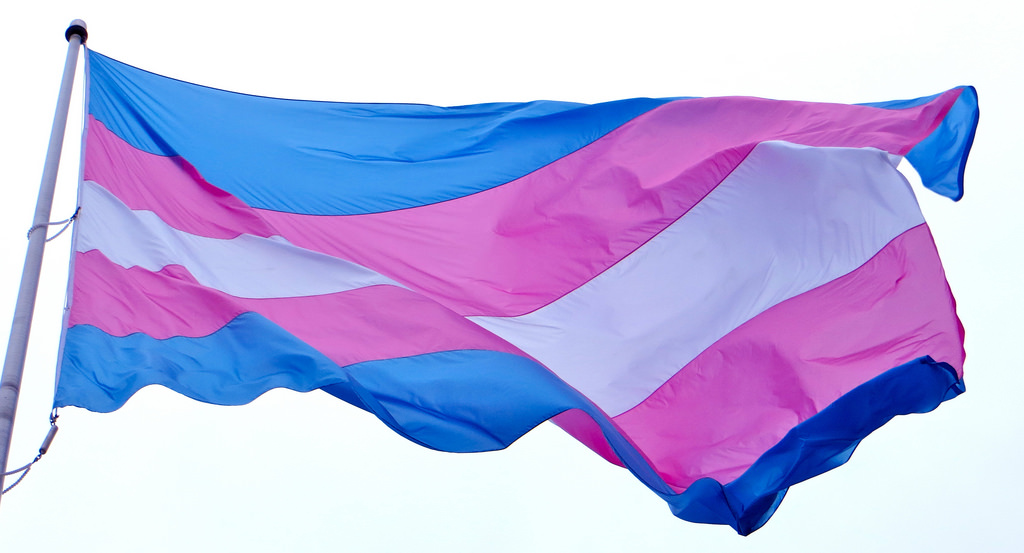From: “President Michael H. Schill” <pres>
Subject: Open Mike: Balancing principles
Date: January 9, 2017 at 11:55:25 AM PST
Dear Colleagues,
Over the past couple of months, the University of Oregon’s handling of events associated with Professor Nancy Shurtz’s decision to wear a controversial Halloween costume has garnered significant media attention, both locally and nationally. A number of editorials, letters to the editor, and blog posts have engaged in discussions on the topic. Some of the coverage has been, in my opinion, thoughtful but some has, perhaps not surprisingly, sensationalized and caricatured what is a very serious incident that deeply affected our students and, by extension, our entire university community. A number of colleagues have asked me for my own views on the matter. I hesitate to burden you with this personal reflection, but because this incident has polarized our community I have decided that it would be useful for me to share some of my own thoughts about the matter.
At the outset, I should state that, under university policies, the provost, not the president, is the figure whose job it is to respond to complaints against faculty members. Therefore, I have not played a formal role in responding to the incident. I write this to clarify my institutional role and not to decline responsibility. To the contrary, as president, I am ultimately responsible for everything on our campus.
When Professor Shurtz invited her two classes to her home for a Halloween party on October 31 and dressed up wearing blackface, she created a conundrum that is the stuff of a very difficult law school examination question. Two very important principles were potentially in conflict—the right of students to be free from racial harassment and the right of faculty members to exercise free speech. A law firm that the university hired to do an impartial investigation of the matter interviewed students and faculty members who were at the party and made a factual finding that at least some of the students felt compelled to attend their professor’s party and that they would potentially suffer negative consequences if they left early, despite being deeply offended and affronted by Professor Shurtz’s costume and its strong connotations of racism. The investigators made a factual finding that the behavior by Professor Shurtz constituted racial harassment under university policy V.11.02.
Of course, this is only part of the story. Professor Shurtz told the investigators that she didn’t intend to act in a racist manner. Instead, she said she was dressed “as a book” she had recently read that highlighted the shortage of black doctors in the medical profession. She also told the investigators that she was making a statement about the paucity of African American doctors. The law firm weighed the harms from the harassment against the value of her conduct and determined that, according to the balancing test prescribed by Pickering v. Board of Education, the former outweighed the latter, rendering her conduct unprotected. The provost accepted the findings of the investigation and, pursuant to university policy, took appropriate actions to make sure that Professor Shurtz understood the gravity of the incident and would not behave in a similar fashion in the future. I am not able to divulge the nature of these actions because university policy mandates confidentiality.
As I consider the case of Professor Shurtz, I have to admit I am torn. I believe that freedom of speech is thecore value of any university. When faculty members pursue their avocation—teaching students and conducting research—they must be able to say or write what they think without fear of retribution, even if their views are controversial, and even if their research and their views risk causing offense to others. Otherwise, advances in learning will be stunted. This freedom of speech includes the freedom to share political views, academic theories, good ideas, and even bad ones, too. It includes speech that offends others. Without academic freedom we could scarcely call the UO a university.
For me, stating that principle in the abstract is easy and uncomplicated. But here is the problem—figuring out when and whether there are legitimate limits on freedom of expression actually is complicated. In general, it is not acceptable for someone to use her rights to deprive another of her rights. I should not be able to use my speech to deny others of their right to be free from racial or sexual harassment. I can hold—and share—controversial views. But that does not give me the right to harass specific individuals or to speak in any way I wish to, in any place, or any point in time.
But, when exactly does offending someone turn into proscribed harassment? Only a small number of legal commentators would say that faculty members should be immune from all harassment charges on academic freedom grounds. Instead, most of us recognize that speech rights are extremely important, but they also fall on a continuum. For whatever it is worth, I personally am fairly close to the end of the spectrum that believes speech should be maximally protected. But even I believe that there are cases when speech or conduct is of relatively minimal value compared to the great harm that it may do to our students—particularly to students who already struggle with isolation and lack of representation. For example, imagine a required class in which a professor repeatedly uses the “N” word for no apparent reason except to elicit a reaction. Could African American students forced to sit through this class have a claim of harassment? I think so. Similarly, imagine a class in which a professor makes repeated, sexually explicit remarks to a student or students for no educational purpose. Free speech principles should not, in my view, prevent the university from taking appropriate actions to make sure these actions stop and do not recur in the future.
To be sure, the case of Professor Shurtz is not quite as clear-cut. The events took place in her home, not in the classroom. Her stated intention ex post was not to offend, but to draw attention to systemic racism. Still, some of her students felt that they were in a similar situation to students in a classroom being subjected to harassing speech, as they felt pressure to attend and to remain at the event. They felt that they could not leave without jeopardizing their standing in the class, and they also felt that the offensive nature of the blackface was the equivalent of hearing the “N” word. In these circumstances, should the university have ignored the event or should it have taken action proportionate to the offense? What lesson would we be teaching our students if we let the incident end without even an official letter of reprimand? These were the very difficult questions that Provost Coltrane had to grapple with, and I am supportive of the process he used and the fairness he displayed in making his decision.
Some commentators have taken to the barricades, and suggested that any finding or action taken with respect to Professor Shurtz will ultimately open the door to firing professors for expressing their political views. Really? In law, we call this the “slippery slope” argument or “the parade of horribles.” While I have tossed and turned for nights over the fact that the university found that a professor’s expressive conduct constituted harassment, I think the reaction of those commentators is overly dramatic and not supported by anything that took place in this case. Go online and you will find that Professor Shurtz remains a member of the law school faculty. Name a single faculty member who has been punished by the provost for his or her political views. This has not happened and you have my vow it won’t happen as long as I occupy my office in Johnson Hall.
The blackface incident has been a painful one for everyone in our UO community. It came at a time of heightened emotions with respect to the treatment of African Americans on our campus and on campuses throughout the nation. It also came at a time of turmoil and recrimination in our national politics. In my opinion, each of us should be uncomfortable with the harassment that our students experienced at the home of a senior faculty member. Each of us should also be uncomfortable with the fact that the provost felt it necessary to take remedial actions with respect to a faculty member in connection with her expressive conduct. Maybe I am just being a Pollyanna, but ultimately I hope that this discomfort will serve a good purpose. I hope that we come out of this experience with a greater understanding both of the value of free speech and the ways in which our speech can harm each other.
Sincerely,
Michael H. Schill
President and Professor of Law




